Month: May 2022
My Lord and My God in John 20:28: Two Distinct Individuals
In John 20:28, Thomas beheld the resurrected Christ and famously exclaimed: “My Lord and my God!” One way to interpret this statement is to assume that Thomas was applying both titles to Jesus. Trinitarian apologists naturally choose this option, and further claim that Thomas was therefore identifying Jesus as YHWH God himself.
The Seven Spirits of God: Holy Spirit, Angels, or Both? (Part 2)
In this article, we’ll dig into two key texts identified by scholars as the basis for John’s portrayal of the Seven Spirits of God. Zechariah 4:2-10 is generally seen as the primary source of the “seven eyes” and “seven torches of fire” metaphors that describe the seven spirits, while Isaiah 11:1-3 (LXX) is thought to shed additional light on the discussion. We’ll examine each of these passages in turn.
The Seven Spirits of God: Angels, Holy Spirit, or both? (Part 1)
The enigmatic “seven spirits of God” mentioned in Revelation 1:4, 3:1, 4:5, and 5:6 have long been a mystery to theologians. Are they angels? The Holy Spirit? Could they even be both? We aren’t told explicitly, but a careful investigation into the full canon of scripture can guide us toward a solid conclusion.
5 Reasons the Gospel of John is Not Trinitarian
The Gospel of John is thought to contain the strongest evidence for the traditional view that Jesus Christ is the second member of a Triune God. From John’s famous prologue to the declaration of doubting Thomas, there appears to be a trove of prooftexts available to the Trinitarian.
The Word Made Flesh: Reading John 1:1-14 in Light of the OT
The traditional reading of John 1:1-14 has been traced back to the works of the fiery second century apologist Justin Martyr (150 AD). According to Justin, this passage indicates that Jesus pre-existed his birth as the creator of the heavens and earth and later became a human being in the womb of Mary. But the average Christian is likely unaware that Justin’s interpretation was heavily influenced by his training in Greek philosophy.
The Messiah and His God
In Deuteronomy 6:4, the passage that famously established Judaism as a monotheistic religion, Israel’s God Yahweh (YHWH) identifies himself as “One God.” In Malachi 2:10, this “One God” Yahweh is specifically identified as the Father. But what about the relationship of the “One God” to the prophesied Messiah?
Is Jesus Called YHWH in Romans 10:13?
In Romans 10:13, the apostle Paul reached the summit of a brilliant discourse on salvation by citing Joel 2:32 in the Greek Septuagint: “For, ‘everyone who calls upon the name of the Lord will be saved.’” The Septuagint substitutes the title “Lord” for God’s personal name, but Paul was surely aware that the original Hebrew instructs people to “call upon the name of YHWH” for salvation.
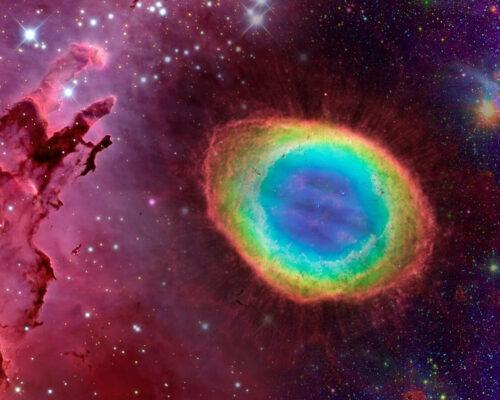
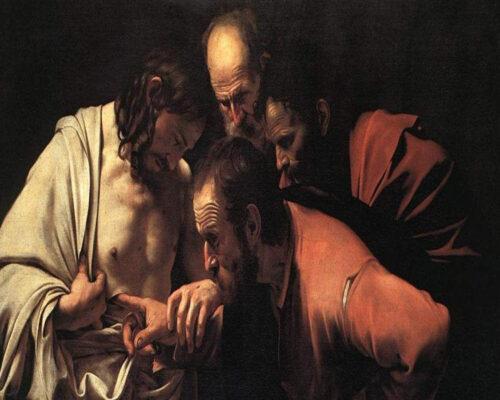
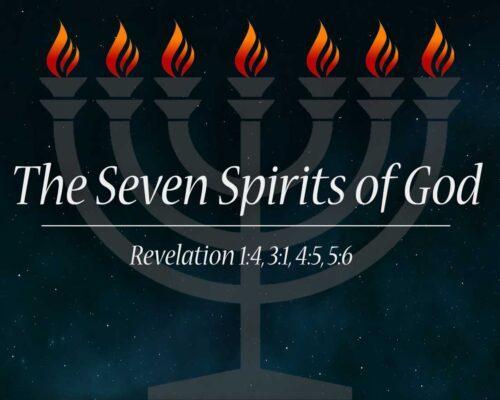
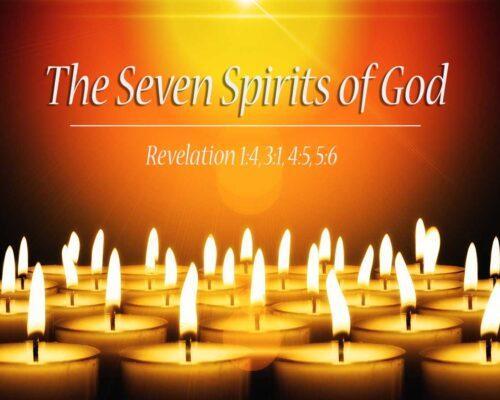
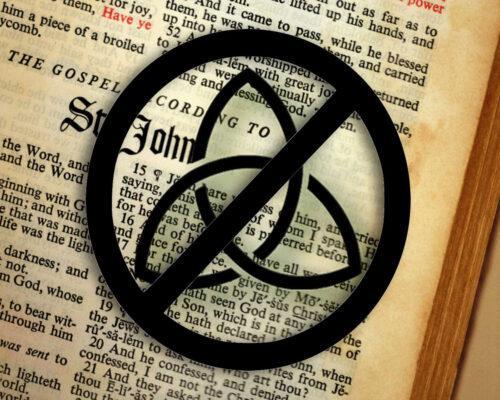
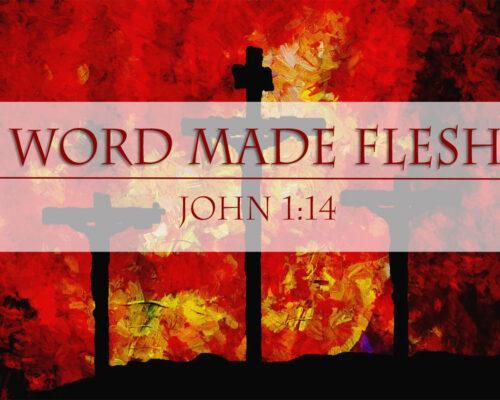


27 min- 0 0
-
4091
-
3 years ago
- 1
Hebrews 1:10-12 is typically seen as a declaration about the preexistence of Jesus. Set within a series of contrasts between the Son and the angels, it quotes a passage from Psalm 102 in which the Psalmist declares to the Father that “You, Lord, laid the foundation of the earth in the beginning, and the heavens are the work of your hands.” Most theologians think this quote is repurposed in Hebrews 1 to identify the Son as the creator and therefore consider it key evidence for the doctrine of the Trinity.
-
Tagged Christ as Creator, Creation, Creator of Heavens and Earth, Deity of Christ, Hebrews 1:10